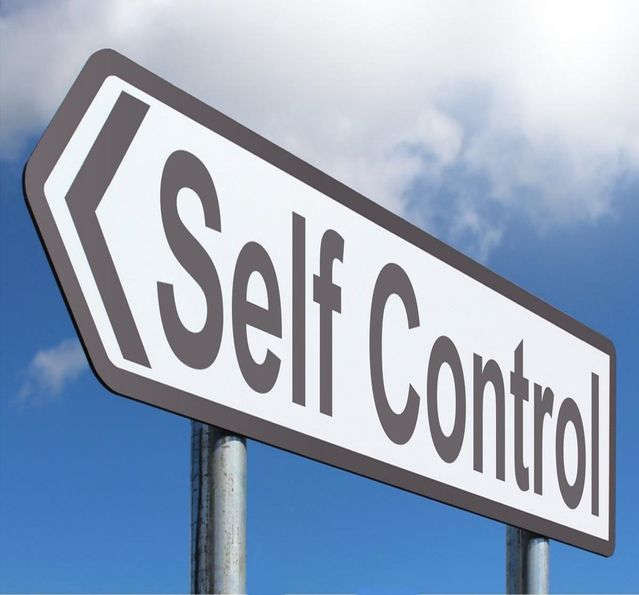Happy Anniversary to Kyle and Shelli and Happy Birthday shout-out to Anita! You are all inspirations!
Announcement: During these Days of Awe, when we are trying to elevate ourselves, one of the most basic ways to do so is to give extra tzedaka. My new book, Body and Soul: A Torah Guide to Health, Fitness, and Longevity, Medically-Annotated is nearly complete and like most Jewish books, there are opportunities to help bring it to press (3 publishers have made offers, and now we need to raise certain publishing expenses). If you would like to pledge a dedication in someone's honor or memory to be printed in the book, please send an email to dedications@jsli.org for instructions and may the merit of your contribution uplift them and the Jewish People and the world. Eight years in the making, this collaboration of Torah scholars, doctors and dietitians will, we hope, change the way we relate to our bodies and to food.
 Question for your table:
Question for your table:Is Yom Kippur - just a couple days away - a(n):
A) Test
B) Ritual
C) Holy day
D) Opportunity
E) All of the above?
It seems to me that Yom Kippur is an opportunity to reach a new level of self mastery over:
- anger
- frustration
- worry
- anxiety
- laziness
- over-indulgence
- etc.
How so?
Eating is our most primal urge. Giving up food and water for 25 hours is a message to myself: "Hey body, I'm in control of you, you're not in control of me!"
That's a metaphor for any area of self-mastery.
If I know I have a bit of an anger problem, I can say, just like I'm giving up food and water for 25 hours, I'm going to give up anger for 25 hours. Or frustration, worry, anxiety etc.
Doesn't mean that I can maintain that abstinence for longer, but it's a chance to cleanse myself. 25 hours of abstinence from that trait that I know I should really conquer.
Then, when YK is over, maybe I'll be a little bit better at it in the long-run.
Question for your table: How can a person turn Yom Kippur clarity into long-term change?
(Hint: think 30-day plan)
Wishing you a happy - yes happy - Yom Kippur. Happy because you're going to cleanse yourself of that one trait that is most holding you back in life.
Shabbat Shalom






